SPECIAL REPORT: Animals Asia visits Yulin ahead of its annual dog meat festival
19 May 2016

Ahead of its infamous dog meat-eating festival on June 21 - Animals Asia staff visit Yulin to see the city before it comes under the international spotlight again.
In China each year, it’s estimated that 10 million dogs are consumed by the dog meat industry. Likewise - Yulin itself doesn’t stop eating dog when festivalgoers return home.
In fact the first thing our team spot when we walk out the train station are restaurants and street food stalls - all with dog meat on the menu.
In nearby Dongkou Market, we discover 10 dog meat outlets. The first shop has “processed” meat but also caged live dogs. On the table outside the shop are several skinned dogs hanging in a row. One by one shop employees are chopping them up.
Recalling our own research into the origins of these animals - it’s heartbreaking to realise that many of these slaughtered animals were probably much-loved companions. It’s hard not to wonder if there are people still looking for them.
As we walk further into the market we see the same scene over and over. The cages used to keep the live dogs are tiny and very dirty - but they’re impossible to hide in such small stalls.
Walking further into the market we found a sign posted “Dog Meat Area” - there are six dog meat stalls side-by-side. These are recognisable from local and international reports from the Yulin dog meat festival.
Here dead dogs are piled one or two deep. Surrounding shops also sell herbs and spices specifically chosen to serve with cat and dog meat. We continue to see caged live dogs too.
Despite pretending to be market customers - even going as far as buying some fruit and being sure to conceal our camera - vendors are still very sensitive to out-of-towners.
We ask one for the price of dog meat - she tells us raw meat is 17 Yuan per kilo - around US$2.60. We are followed when we leave - by a man on an electric bicycle - but he gives up the chase when we take a taxi.
In the evening we head for Xinmin Binjiang Road - often known as “dog meat road”. Every time we have asked about eating dog meat in Yulin this is where we have been told to go.
The taxi takes us along the strip and from the car we see food stalls one after the other - nearly all sell dog meat.
Business, although not at festival levels, is clearly ticking over. But, despite their trade, these restaurants are obviously sensitive to growing domestic criticism. Many no longer have the word “dog” on their signage. Instead the generic word “meat” is used instead. “Crispy meat” and “fragrant meat” are among the euphemisms used.
The smaller LED billboards, however, still advertise dog. Later we will visit supermarkets - there even under the sign “Yulin Specialties” we see no dog.
The best spot for trade is by the junction in the middle of the strip, which sees the biggest, busiest restaurants. Both use the trade name “Di Yi Jia” meaning “first and good”. Here the price for cooked dog meat is 28 Yuan per kilo or almost US$4.30. Unlike the market stalls there are no public caged dogs.
Despite the relative up-market nature of a place like this you wonder if those eating have concerns about their own health. We know thieves frequently poison dogs. We know that diseases spread as they are transported thousands of miles. How many customers have become sick as a result of eating here?
And it’s not just poison that’s a risk. The poor hygiene of the dog trade is obvious, not to mention handlers also at risk from a rabid dog bite.
Even after years of reporting on the dog meat trade the sheer density of the dog meat industry in Yulin is still shocking. We wonder how many dead dogs we might have seen since we arrived - maybe a couple of hundred, maybe more.
Of the restaurants that don’t exist solely for the purpose of selling dog meat, many still have dog on their menu - including dog ribs or with noodles.
For the festival to fall from 10,000 dogs consumed to 1,000 last year is a huge achievement when you see it in this context. Dog meat eating is huge here. It is very much a part of Yulin. But if the world is focused on Yulin during its festival - to visit during “off-season” is a reminder that ending dog and cat meat eating is a year-round job.
Find out how Animals Asia works in China to end the dog and cat meat trade.
BACK

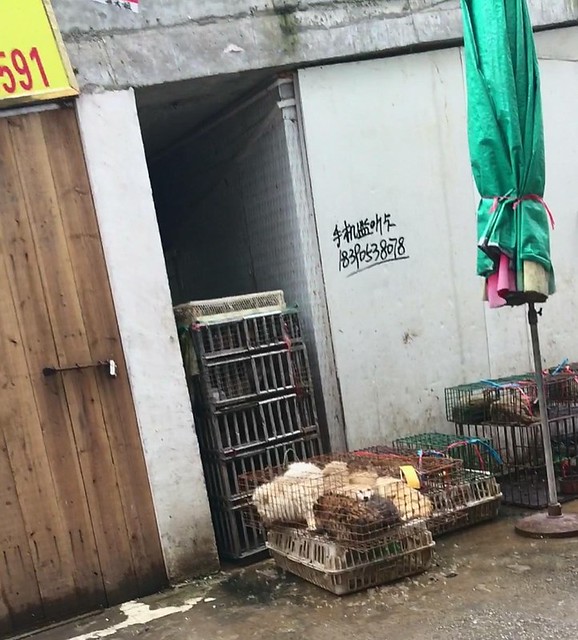
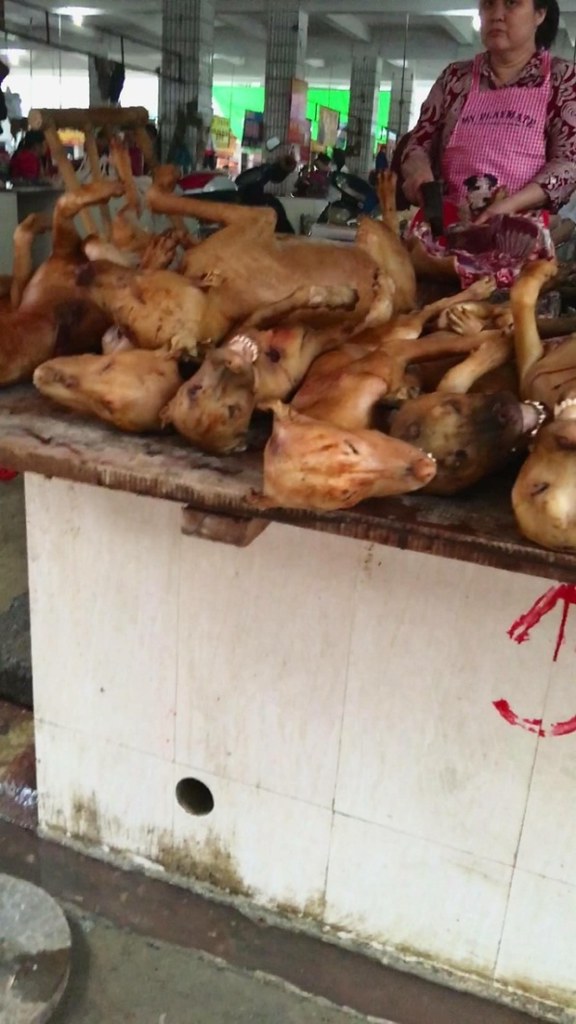
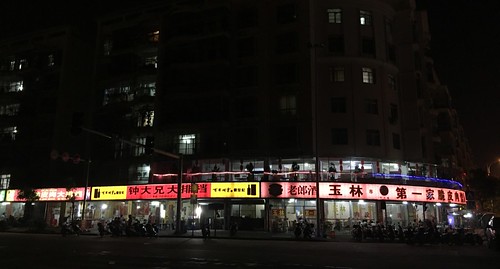





 Freedom after two decades: Moon bears Nang and Mua rescued
Freedom after two decades: Moon bears Nang and Mua rescued
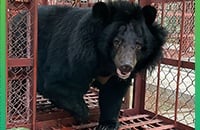 With heavy hearts we say goodbye to our beloved Tulip
With heavy hearts we say goodbye to our beloved Tulip
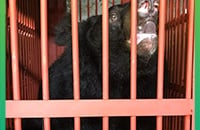 Three moon bears rescued from notorious bear bile farming hotspots in Vietnam
Three moon bears rescued from notorious bear bile farming hotspots in Vietnam